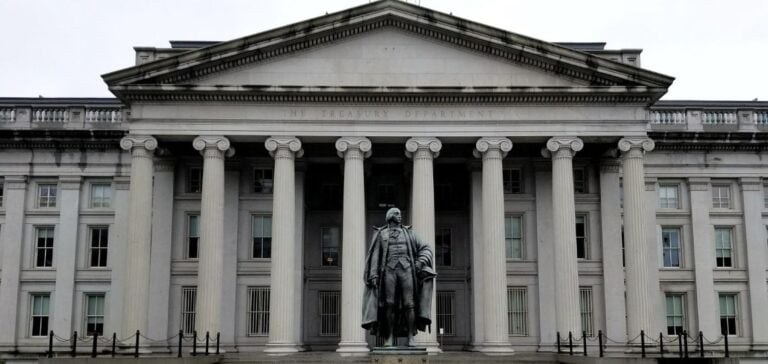Clean energy tax credits, instituted by the Inflation Reduction Act (IRA) of 2022, are at the center of a crucial political and economic debate in the United States.
Janet Yellen, Secretary of the Treasury, recently warned against their abolition, arguing that this move would increase energy costs for households and could reduce US competitiveness in the renewable energy sector.
These credits are designed to encourage investment in clean technologies and ease the financial burden of energy inflation on consumers.
Inequalities in the Distribution of Tax Credits
A recent analysis highlights the uneven distribution of tax credits.
Although the Treasury claims that the credits primarily benefit middle-class households, 66% of the credits went to high-income households, i.e. above $100,000 annually.
This imbalance raises questions about the effectiveness of the current policy, particularly for low-income communities who struggle to access these benefits without financial support or a direct repayment mechanism.
The Low Income Community Bonus program, which offers a 10-20% bonus for solar and wind projects in these areas, aims to address these inequalities.
However, the abolition of these tax credits would deprive these areas of the investments they need for their economic development and energy transition.
Impact on Industrial Competitiveness and Energy Strategy
The elimination of tax credits would have a significant impact on US manufacturing industries, particularly those involved in green technologies such as electric vehicles and energy storage.
The credits, notably the Clean Power Production and Investment Credits (Sections 45Y and 48E), are designed to attract investment in local infrastructure and support the domestic supply chain.
A loss of these tax incentives would make investment more expensive and less attractive compared to markets such as China, which continues to heavily subsidize its green industries.
In addition, the IRA offers direct credit monetization options for tax-exempt entities, such as local governments, allowing immediate access to funds without having to wait for tax refunds over several years.
This financing mechanism would be compromised, limiting the ability of market players to take advantage of these credits.
Effects on the investment climate and regulatory policy
Uncertainty surrounding the sustainability of tax credits also threatens the investment climate.
The new IRA rules allow for the portability of tax credits, a key measure to facilitate project financing by making credits immediately monetizable.
Removing this flexibility could discourage private investors, who seek stable environments for long-term financial commitments, jeopardizing current and future renewable energy projects.
The prospect of abolishing tax credits also highlights the need for a coherent and predictable policy to maintain growth momentum in the clean energy sector.
The Treasury Department has recently stepped up stakeholder engagement through public consultations to refine the regulations associated with tax credits, underlining the importance of market participation in defining energy policy.
Impact on Economic and Environmental Objectives
Finally, ending tax credits would threaten the achievement of the economic and environmental goals set by the Biden administration.
These credits are not just financial tools; they are also strategic levers for reducing energy dependency, stimulating industrial innovation, and building community resilience.
Ending incentives for projects such as carbon capture, clean hydrogen production or energy storage projects could weaken US energy transition efforts, reducing its influence in the global cleantech market.






















